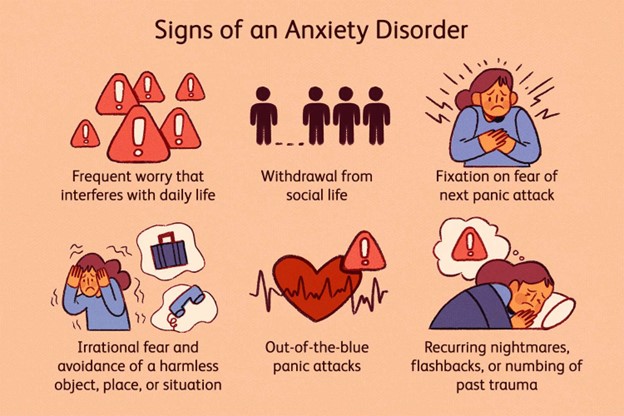A nurse in a mental health facility is planning care for a client who has obsessive-compulsive disorder (OCD) and is newly admitted to the unit. Which of the following actions should the nurse plan to take regarding the client's compulsive behaviors?
Plan the client's schedule to allow time for rituals.
Confront the client about the senseless nature of the repetitive behaviors.
isolate the client for a period of time.
Set strict limits on the behaviors so that the client can conform to the unit rules and schedules.
The Correct Answer is A
A. Plan the client's schedule to allow time for rituals.
Explanation:
For individuals with obsessive-compulsive disorder (OCD), engaging in rituals or repetitive behaviors can be a way to manage anxiety. Allowing time for these rituals within the client's schedule, while gently working towards reducing their impact, is a part of a gradual therapeutic approach known as Exposure and Response Prevention (ERP). ERP aims to help the client gradually face their anxiety triggers while refraining from engaging in compulsions.
Why the other choices are incorrect:
B. Confront the client about the senseless nature of the repetitive behaviors.
Confrontation can increase the client's anxiety and resistance to treatment. Instead, the nurse should approach the client with understanding and gradually work on strategies to reduce the compulsive behaviors.
C. Isolate the client for a period of time.
Isolating the client is not a therapeutic approach for managing OCD. It can lead to increased distress and negatively impact their mental health. Inclusion and support are more effective strategies.
D. Set strict limits on the behaviors so that the client can conform to the unit rules and schedules.
Setting strict limits may escalate the client's anxiety and could be counterproductive. It's important to work collaboratively with the client and apply evidence-based approaches like ERP to manage their symptoms effectively.
Nursing Test Bank
Naxlex Comprehensive Predictor Exams
Related Questions
Correct Answer is B
Explanation
A. Helping the client identify positive personality traits.
While addressing self-esteem and positive personality traits is valuable for the client's overall well-being, it is not the immediate priority during the detoxification phase. Ensuring physiological safety comes first.
B. Providing for adequate hydration and rest.
Explanation: The detoxification process from alcohol can result in withdrawal symptoms that range from mild discomfort to severe medical complications. Adequate hydration and rest are essential during this phase to manage withdrawal symptoms and prevent potential complications such as dehydration, electrolyte imbalances, and seizures. Maintaining the client's physiological stability is of utmost importance.
C. Educating the client about the consequences of alcohol misuse.
Providing education about the consequences of alcohol misuse is important for the client's understanding and motivation for recovery, but it's not the primary concern during the initial detoxification phase.
D. Confronting the use of denial and other defense mechanisms.
Addressing denial and defense mechanisms is important for therapy, but it might not be the immediate priority. Physiological stabilization through hydration and rest takes precedence in the detoxification phase.
Correct Answer is D
Explanation
A. "How long has this been going on?":
While this question is important for gathering more information, it may come across as more investigative or less empathetic at this initial stage of the conversation.
B. "Why do you think you are so anxious?":
While it's important to understand the client's perspective, this response might come across as confrontational or judgmental. It's better to create an open and non-judgmental environment for the client to share their feelings.
C. "Have you talked to your parents about this yet?":
This response assumes that the client has parents to talk to and may not be relevant for all clients. It's also important to establish trust and rapport with the client before asking about their support network.
D. "It sounds like you're having a difficult time.":
This response is empathetic and validating. It acknowledges the client's feelings without making assumptions or demands, creating a supportive environment for further discussion.

Whether you are a student looking to ace your exams or a practicing nurse seeking to enhance your expertise , our nursing education contents will empower you with the confidence and competence to make a difference in the lives of patients and become a respected leader in the healthcare field.
Visit Naxlex, invest in your future and unlock endless possibilities with our unparalleled nursing education contents today
Report Wrong Answer on the Current Question
Do you disagree with the answer? If yes, what is your expected answer? Explain.
Kindly be descriptive with the issue you are facing.
